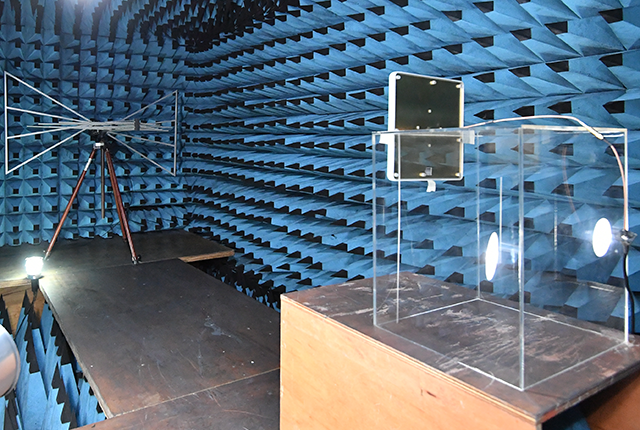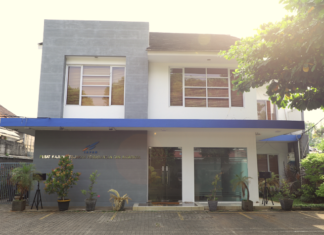Singapore-based company Addvalue Technologies, which develops mobile satellite-based communication terminals, will soon see its terminals being used by the Russian maritime industry.
These terminals, developed and manufactured by Addvalue for UAE-based Mobile Satellite Service (MSS) provider Thuraya, has just received approval from the Maritime and River Registers of Russia. This means that Thuraya, through its operator JSC GTNT (GTNT), will introduce the terminals into Russia within the next 2-3 months.
Known as the Thuraya Atlas IP, the Addvalue-designed maritime satellite terminal is capable of standard IP data transfer at rates of up to 444kbps and asymmetric streaming capability of 16kbps-384kbps. The terminal is designed to improve operational efficiency through Port Forwarding, and allows land-based users to connect to the ship’s sensors remotely.
Dr Colin Chan Kum Lok, Chairman and CEO of Addvalue remarked, “We are pleased to have been able to make in road to the Russian Far East region market now. The experience gained will help us understand this region better which we believe has an addressable market of about 2000 vessels and we aim to expand our offering to include other products and solutions in the future.”
Rashid Baba, acting Chief Commercial Officer at Thuraya said, “The Russian Far East is a strategic region for maritime business and Thuraya has now gained access to it. There’s a lot of potential for us here, with its busy ports, international trade routes, and maritime borders shared with Japan and the US, the area is a hotspot for shipping, fisheries, transport and offshore energy. Together with our partner GTNT, we had successful meetings with several decision-makers and got to discuss our product and service offerings, and future collaboration opportunities. We are confident that the Atlas IP can boost operational efficiency across the region’s maritime enterprise as it is developed to meet the specific complexities of nautical communications.”







